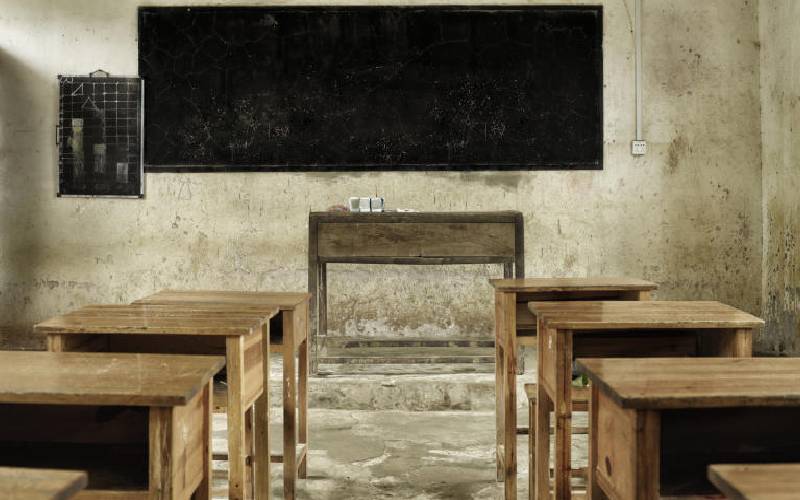×
The Standard e-Paper
Kenya’s Boldest Voice

Hundreds of teachers and other staffers in private schools have lost jobs, while others have been sent on unpaid leave or subjected to huge pay cuts as Covid-19 threatens to bring down the institutions.